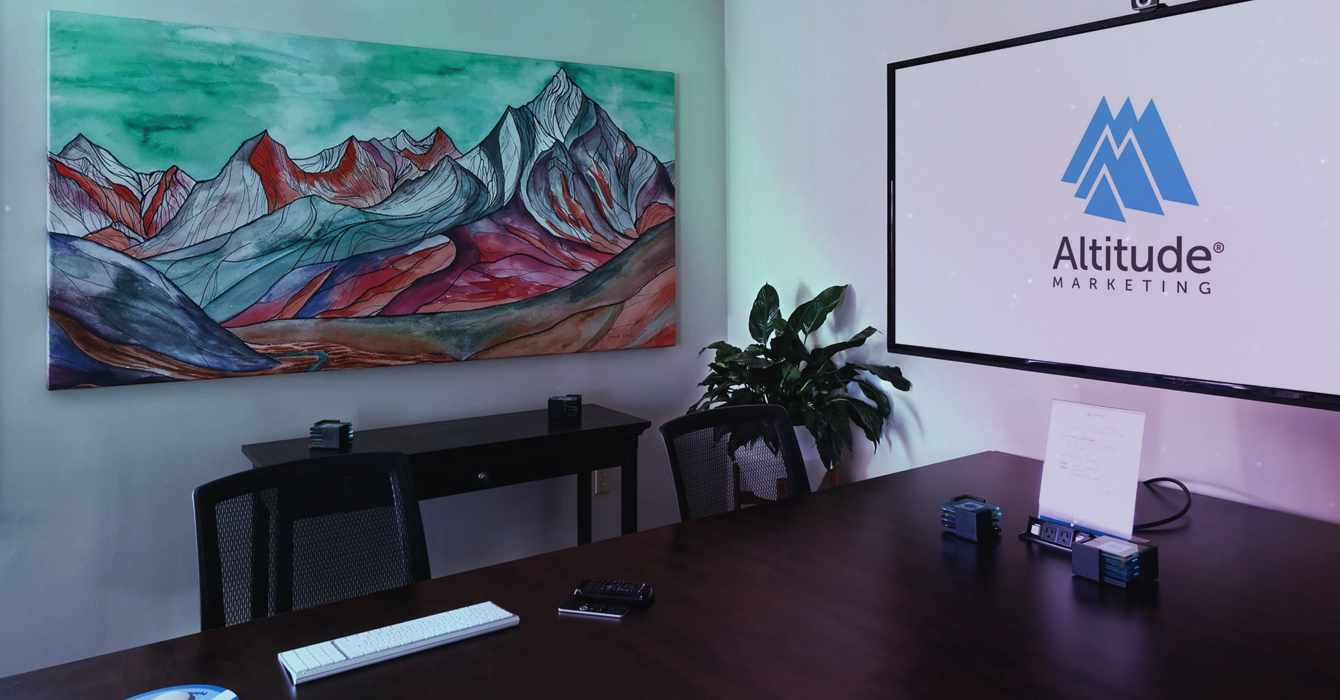From time to time, we still get requests from clients to use QR codes. In most cases, we consult against it. Here’s why …
QR codes are an interesting attempt to bridge the gap from physical media like business cards, brochures and posters to digital content like a website or an app.
Over the past several years QR codes have grown in popularity, but have often been misused.
Currently trending, they’ve earned a reputation as a joke of a marketing tactic. The stigma is well deserved and now considered an internet meme. However, there is hope for the QR code – when used properly and a little common sense is applied.
Both marketing tactics and internet technologies move at a staggeringly fast pace, so it’s difficult to know when’s something’s bleeding-edge, mainstream or dated.
There’s a certain allure to instantly loading content on a mobile device vs. typing in a website into a browser. Though, in reality, it often doesn’t work out smoothly.
Lack of understanding
It’s been discovered that a third of the population doesn’t know what a QR code is or what it does.
Scanning apps
Neither iOS, Android or Windows Phone have a default QR code scanning application. Sure, app stores out there contain hundreds of third party options, but depending on the app selected at random, user experience and functionality are hit or miss.
Where’s the value?
Among the segment of the population that knows what a QR code is and has used them in the past, two thirds see them as a waste of time. This trend makes users less likely to scan moving forward.
Audience skew
Studies have shown that younger audiences are much more likely to scan QR codes than their older counterparts. Is this your goal; are these people the decision makers or opinion leaders you’re seeking? Additionally men are much more likely to use this technology than women.
Misuse by advertisers
Just because you CAN use a QR code, doesn’t mean you SHOULD. Here are a couple ways advertisers have botched the technology’s implementation:
- In places with no internet connection
- On objects far away
- On moving objects
- On websites or other digital materials
Security Issues
There’s an inherent risk to using QR codes, being that you don’t know what you’re scanning until you’ve scanned it. Increasing incidents of QR malware have been in the news as of late. These malicious QR codes can be used to transfer nasty code onto your smartphone. Depending on your platform and security settings, scanning the wrong QR code can let others access your camera, microphone, photos and contacts. They’ve even been known to send expensive international SMS messages or make calls to pay numbers.
Despite these hurdles, there are still appropriate use cases for QR code. Think v-card download from a business card. There’s no one-size-fits-all answer, but a healthy amount of common sense goes a long way. Think through its use and try to get over the “cool factor.”




